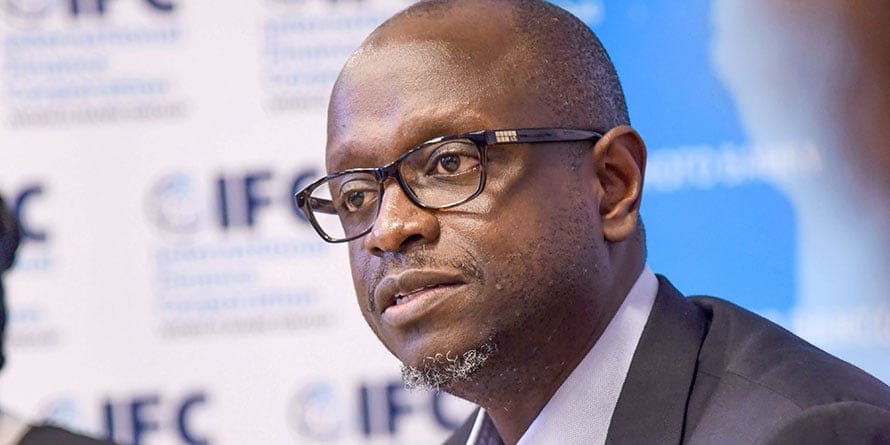Peter Njojo truncates sabbatical, ends his decade-old era at Twiga Foods
A month ago, Njojo revealed he was taking a 6-month break from his CEO role at the Kenyan eCom startup

Peter Njojo, CEO of Nairobi-based eCommerce and food distribution startup Twiga Foods, has announced that he is officially departing from the company.
This development comes with little surprise. Barely a month ago, Njojo revealed he was taking a 6-month break from his lead role at Twiga, following months-long struggles to keep the company on the right track.
Now, he has left the firm’s board of directors, effectively truncating not only the so-called sabbatical but also his time at a company he captained for a decade.
“At the request of the board after my resignation, I agreed to stay on the Twiga Board and work through a six-month transition that allowed for the recruitment of a new CEO,” Njonjo says in the resignation letter dated January 4, 2024.
“Currently, the strategic direction and daily operations are now firmly in the hands of Juven and Creadev and there is little value I can add from this point on. In this regard, I would like to resign as a Director of Twiga Holdings. As a Founder, I will remain a committed shareholder of Twiga,” he added.
After two decades of working at Coca-Cola, Peter Njojo co-founded Twiga Foods alongside Grant Brooke and Kikonde Mwatela in 2013 as a mobile-based supply platform for retail outlets, kiosks, and market stalls in Africa.
Using a B2B model, the business, which styles itself an agritech, sources fresh produce from farmers in rural Kenya and distributes it to millions of small and medium-sized vendors in urban areas.
Twiga’s cashless platform guarantees a market and offers higher prices to farmers. For vendors, it provides reliable supply and lower purchasing prices. Liaising between these two sides of the chain, the business ultimately reduces post-harvest losses and ensures consumers can access fresh, affordable food.
Since its inception, the firm has raised more than $150 million in equity and debt, drawing the attention of investors such as Genevieve Capital, Creadev, Juven AHL Venture Partners, and Omidyar Networks.
The complexities that come with doing business in a tough economic climate, including inflation and currency devaluation, have made things more difficult for B2B eCommerce startups. Twiga is not spared, despite being one of Africa’s most funded startups.
To adapt, the company recently laid off 21 percent of its workforce and shifted its commercial model in favor of independent sales contractors rather than having a resident sales team.
Adding to the startup’s troubles is its legal spat with Incentro Africa, a cloud services vendor, over unpaid debts. Incentro filed a lawsuit worth $261,878 and sought to liquidate the venture, a move which Njojo disputed.
“The statutory demand is made in bad faith and with ulterior motives,” Twiga said in a statement regarding the lawsuit, arguing that it was motivated by ulterior motives. A fortnight after helping Twiga secure a $35 million lifeline to pay its debts, Njojo commenced his leave.
Peter Njojo’s exit marks the end of an era at Twiga. While operations have since his step-back been overseen by Chief Operating Officer Laurent Gouault and Chief Financial Officer Zuber Momoniat, it’s now up to the board to select a new CEO.






